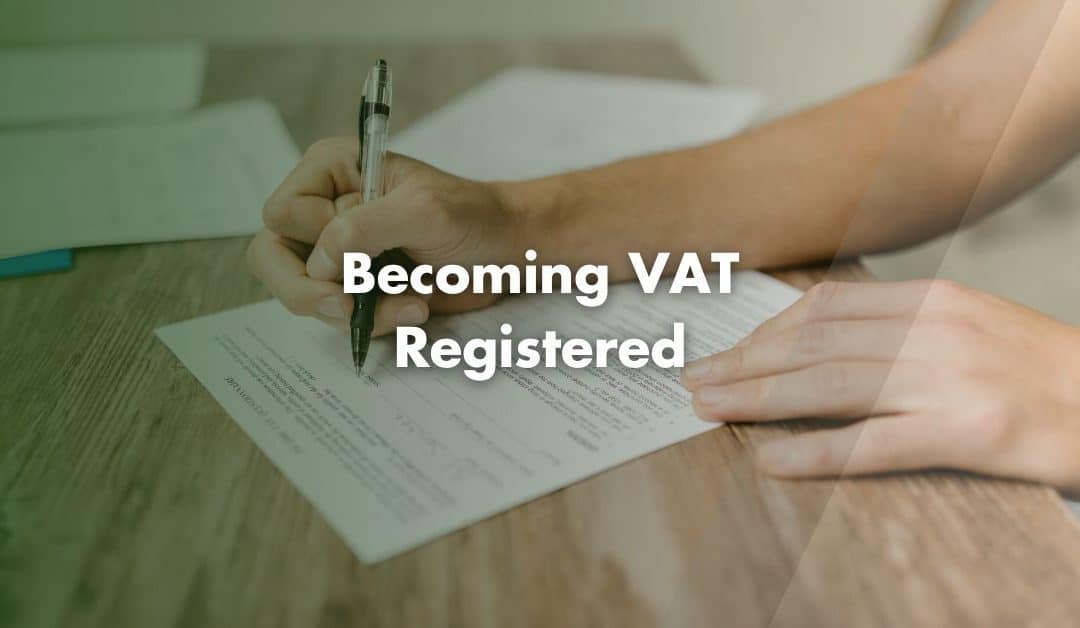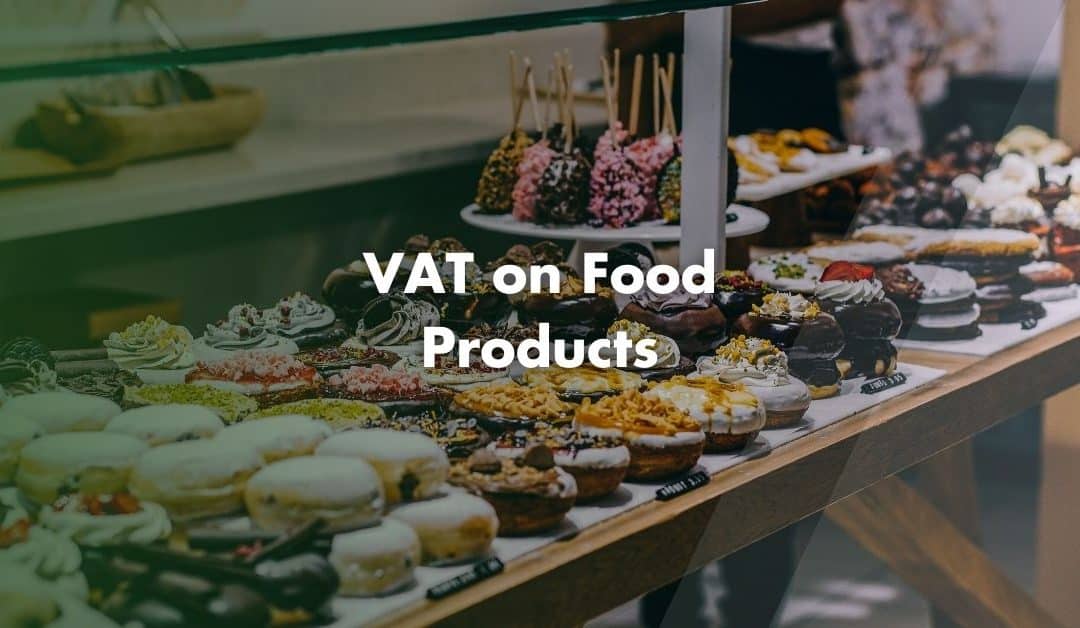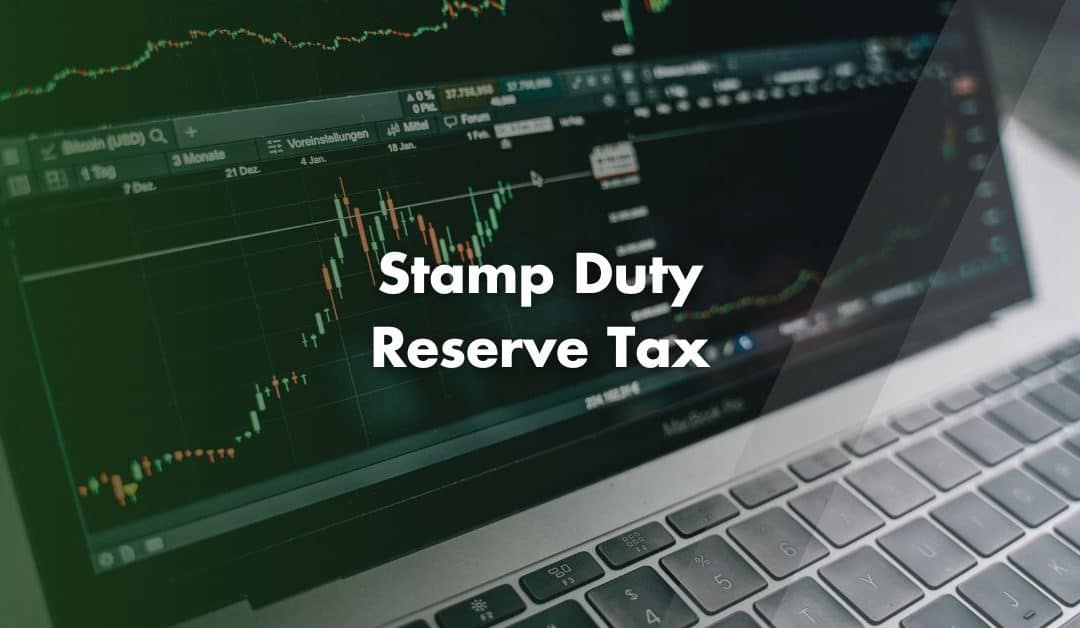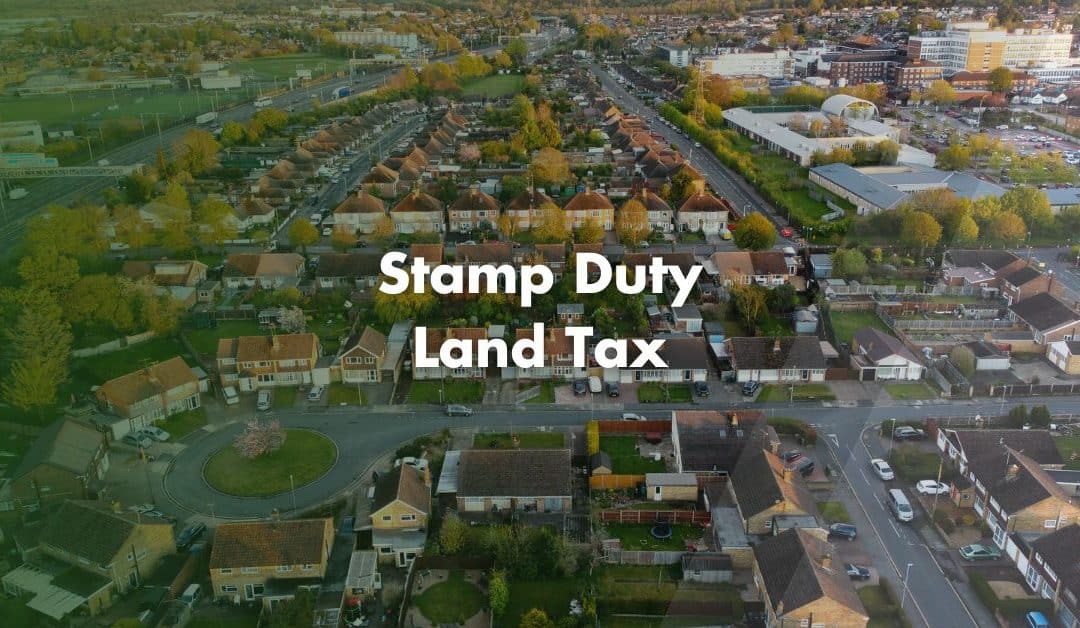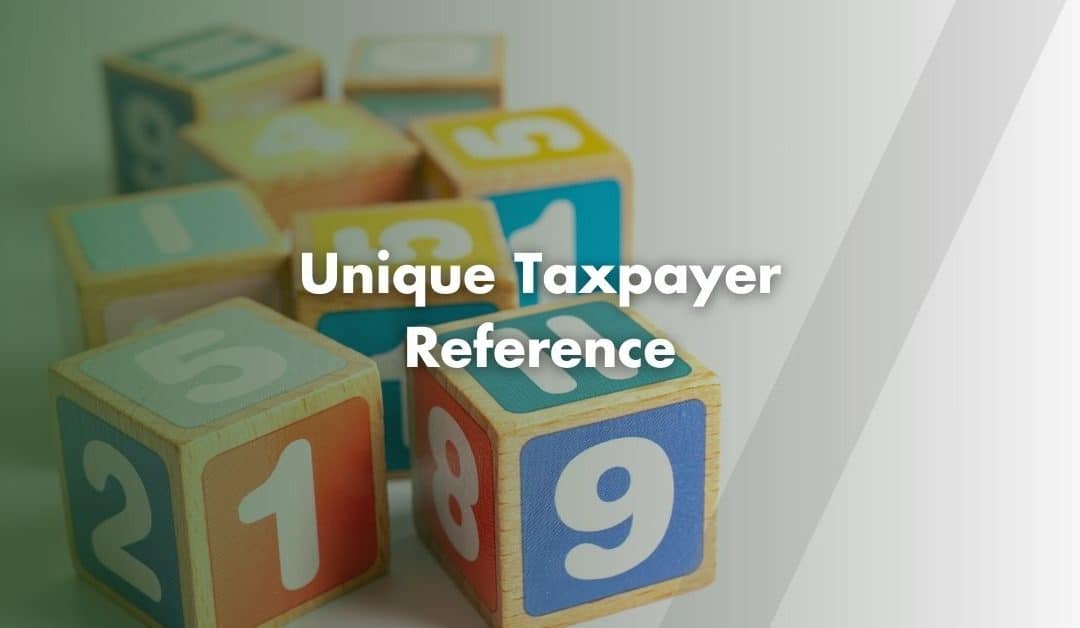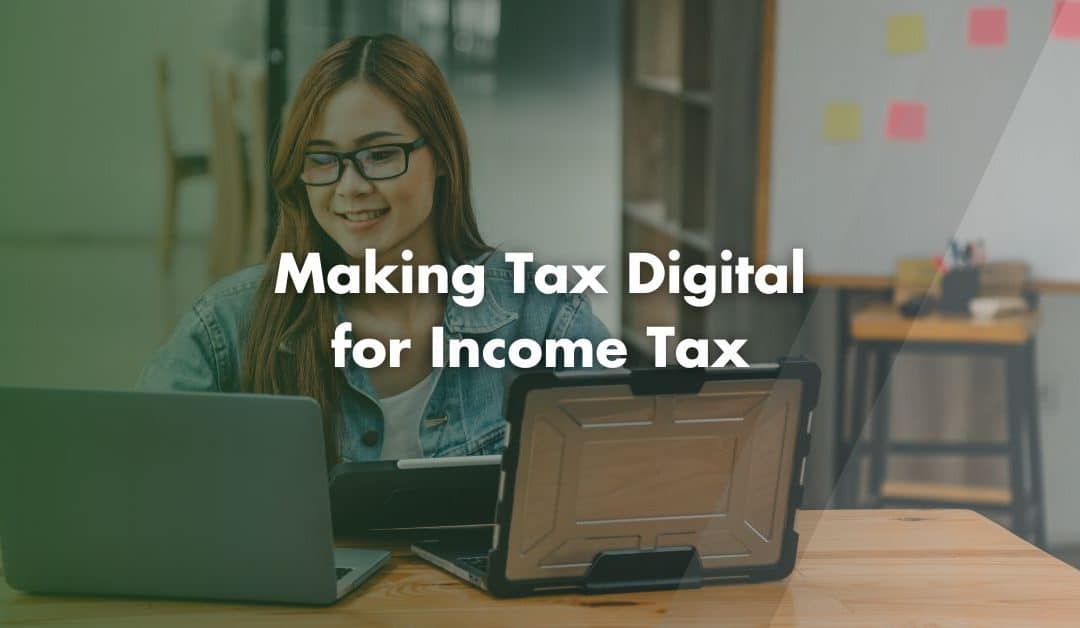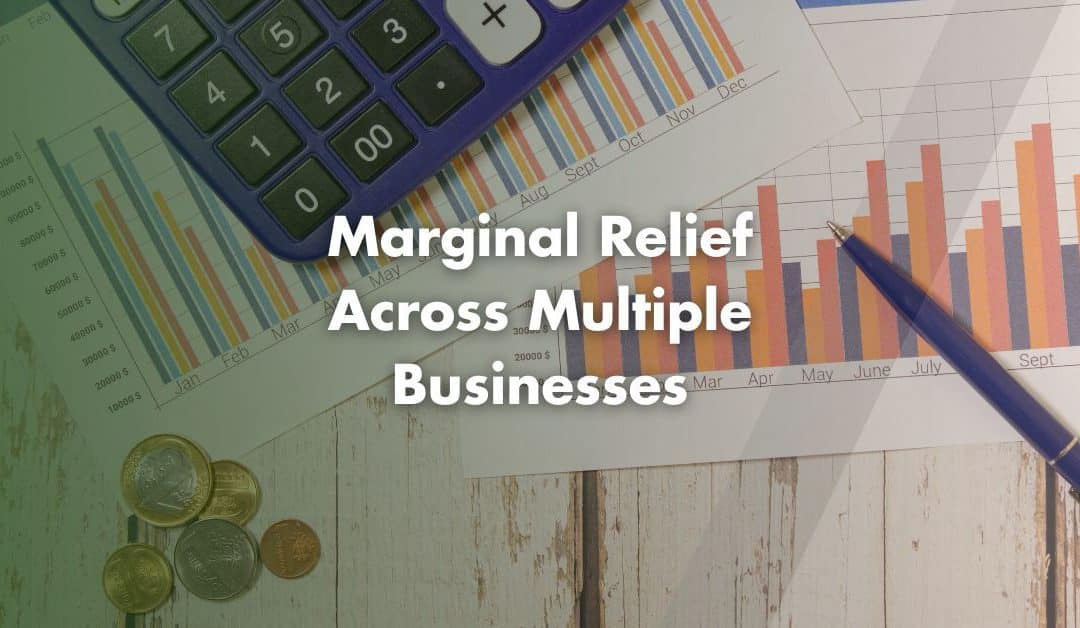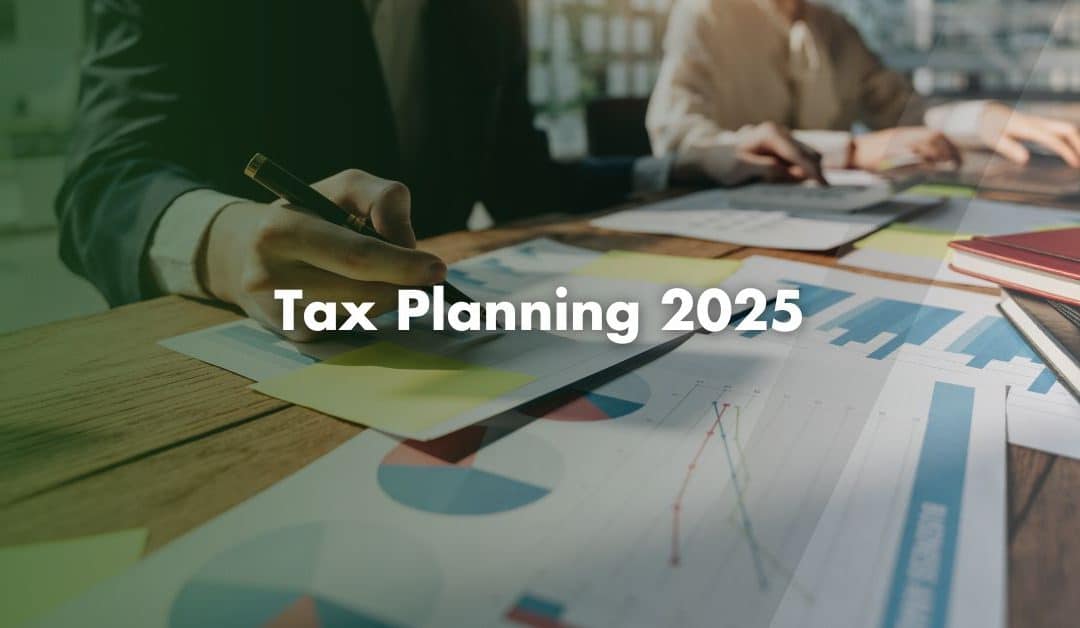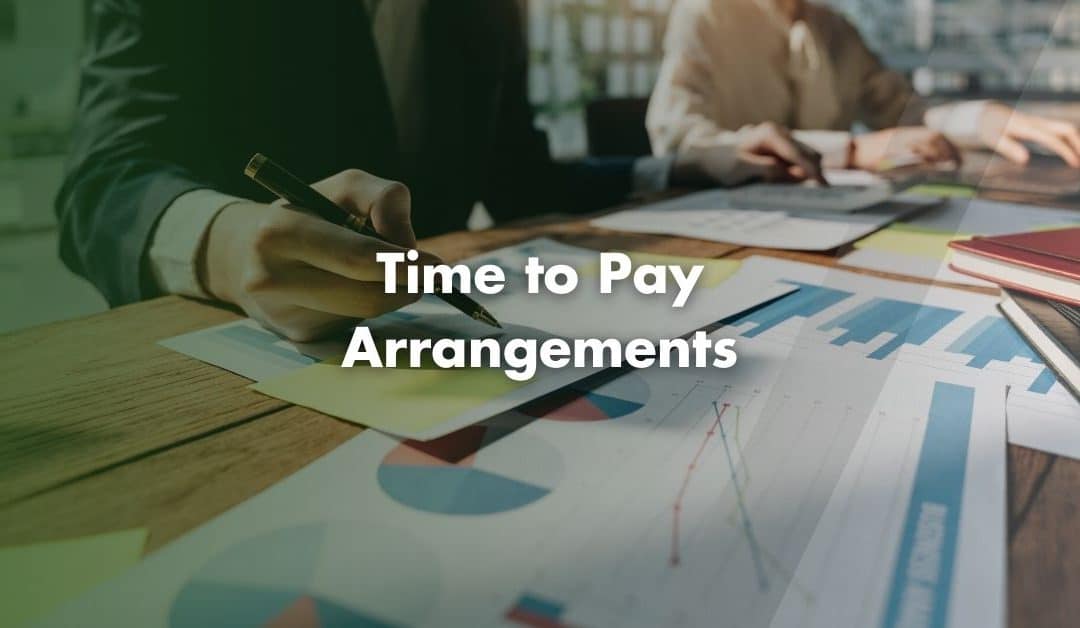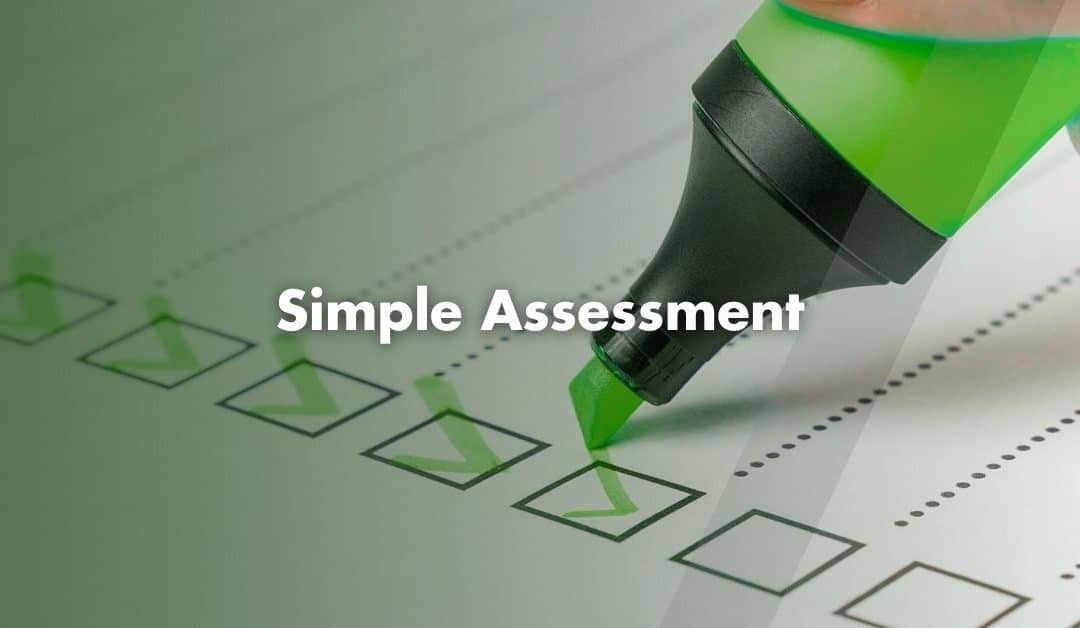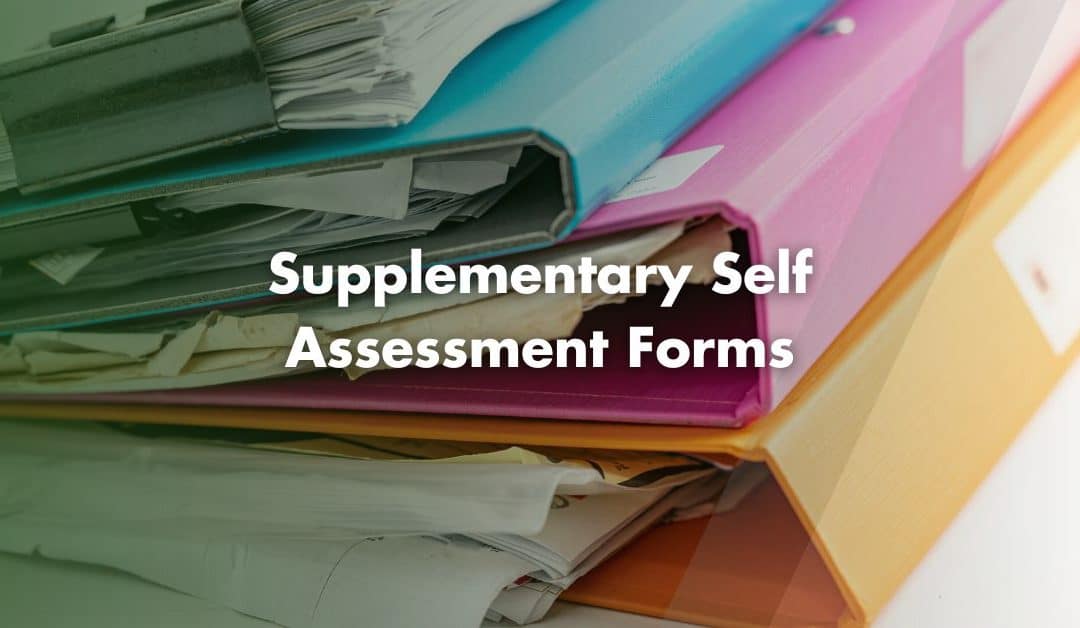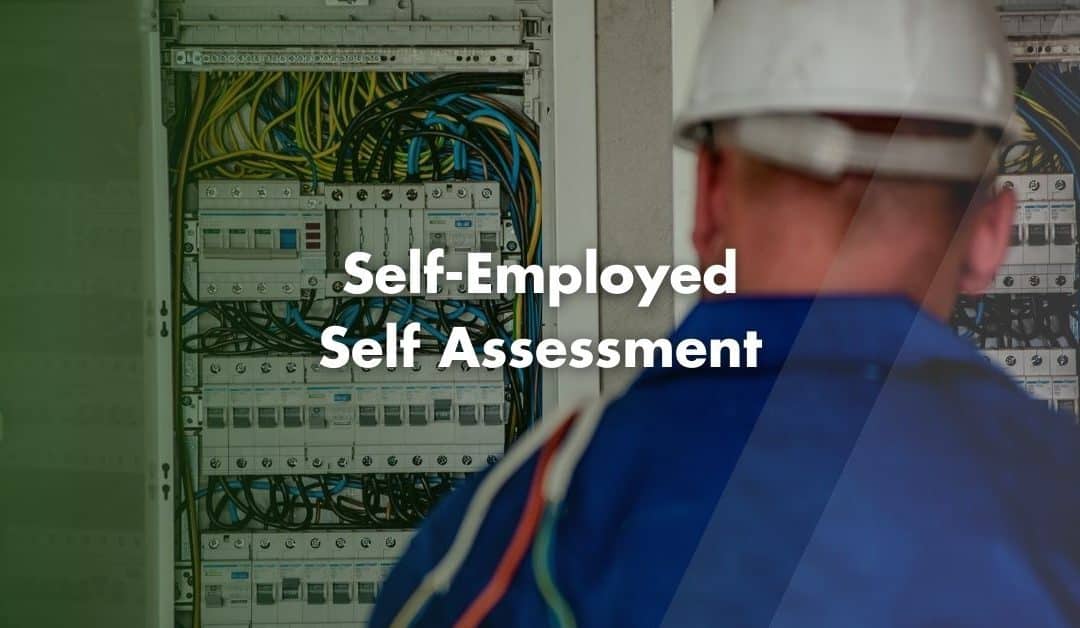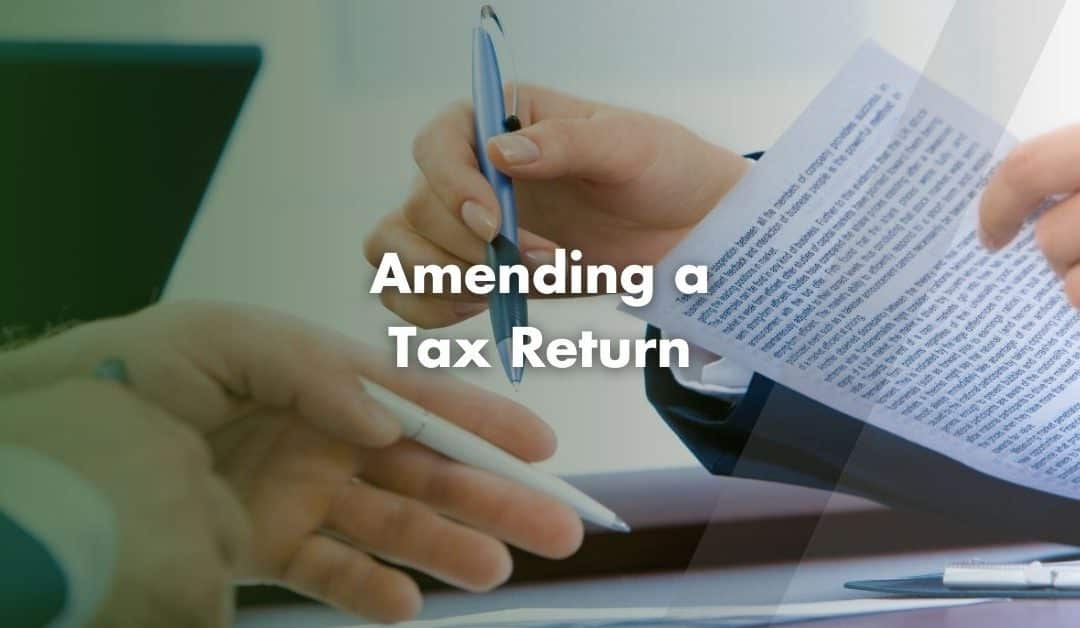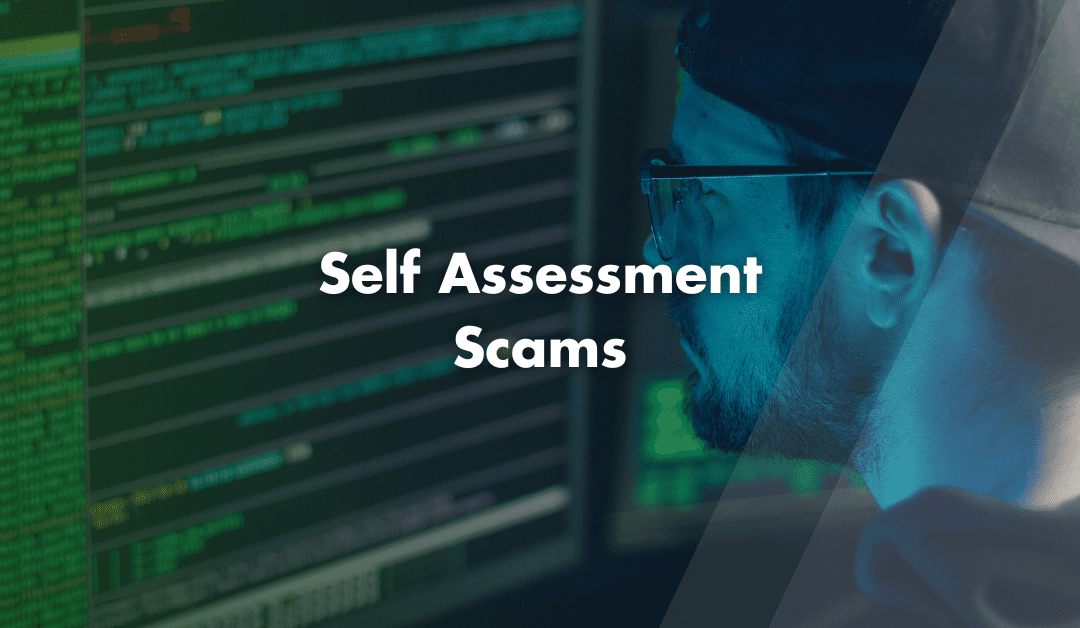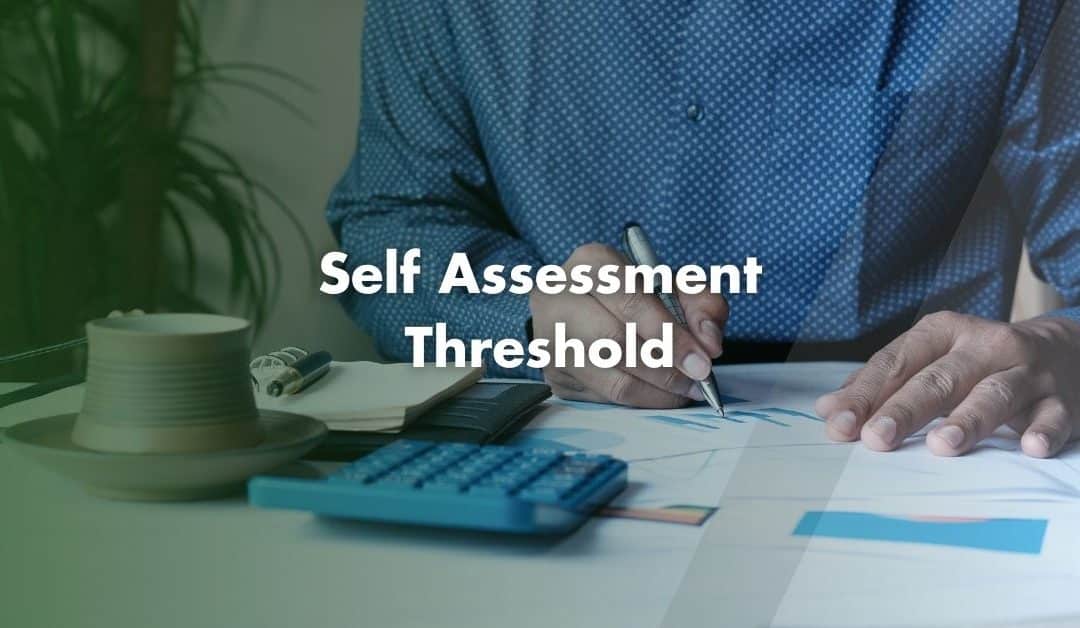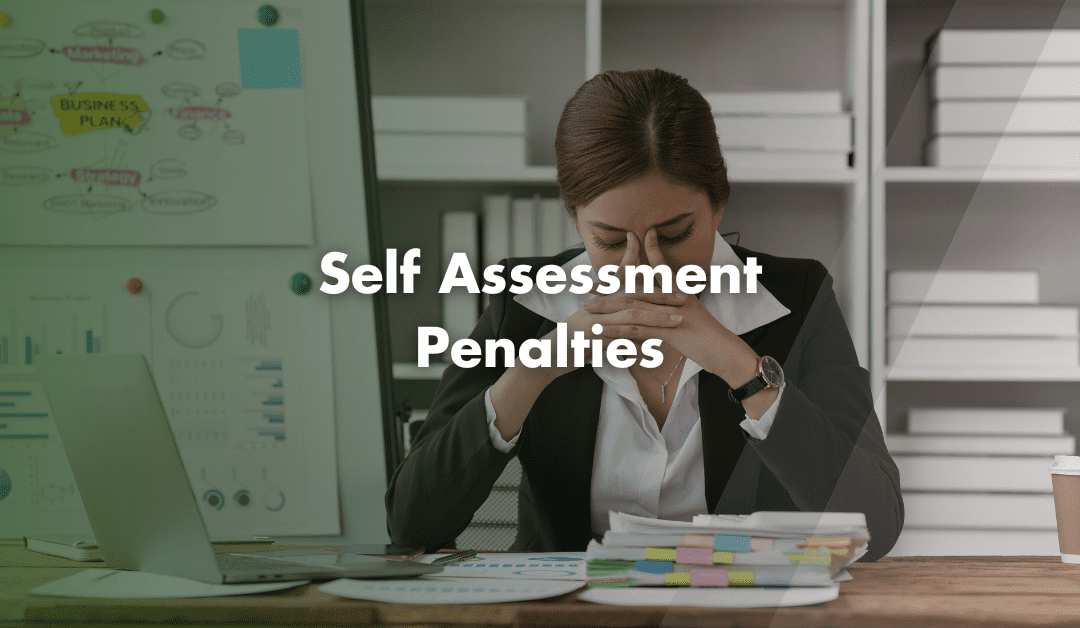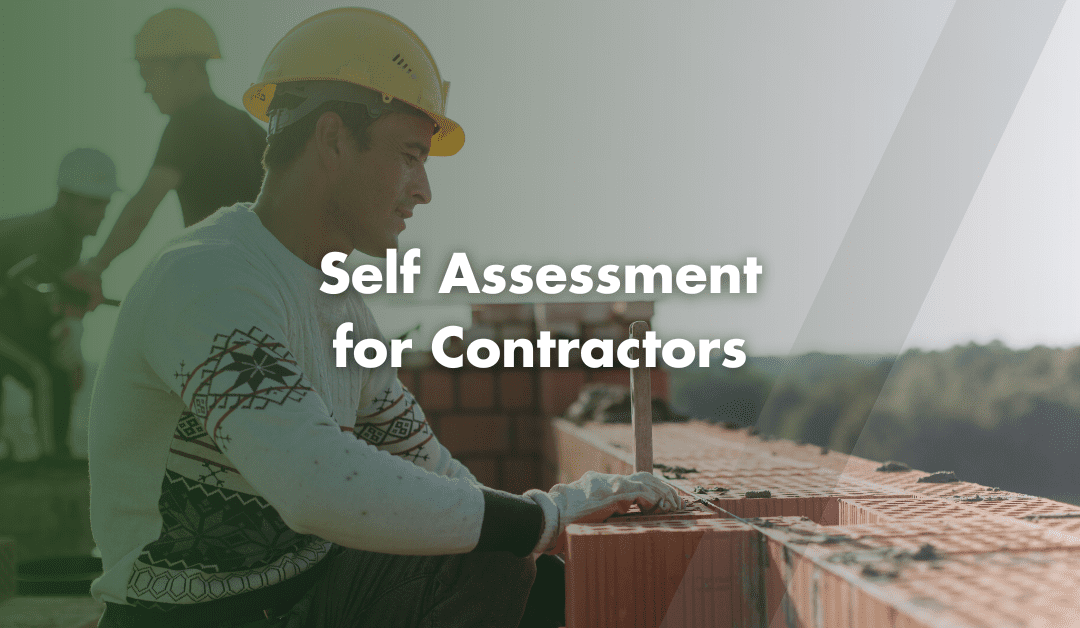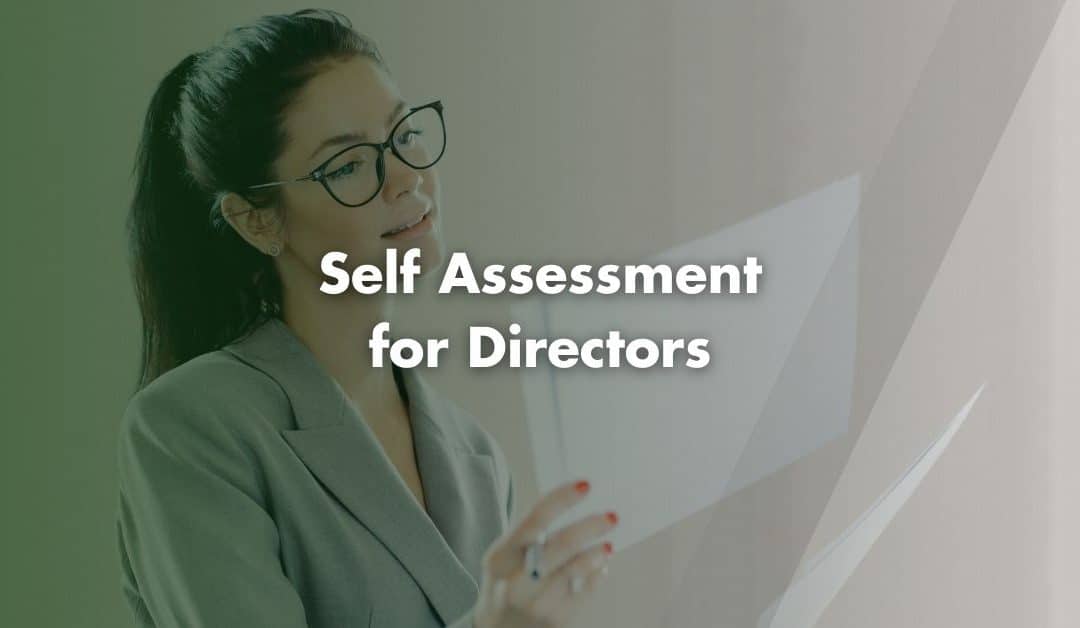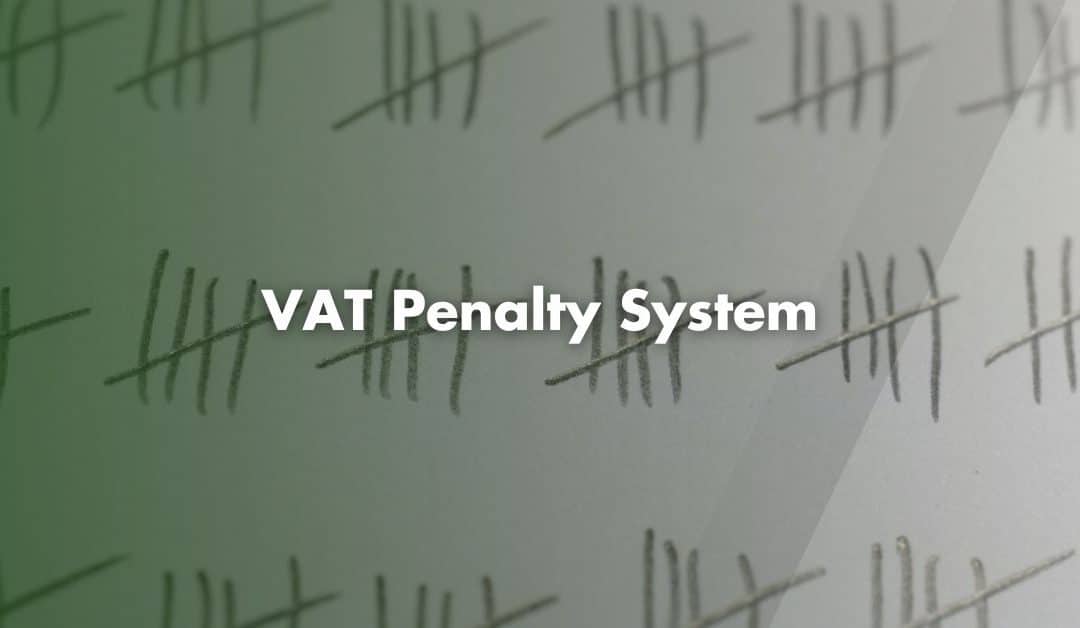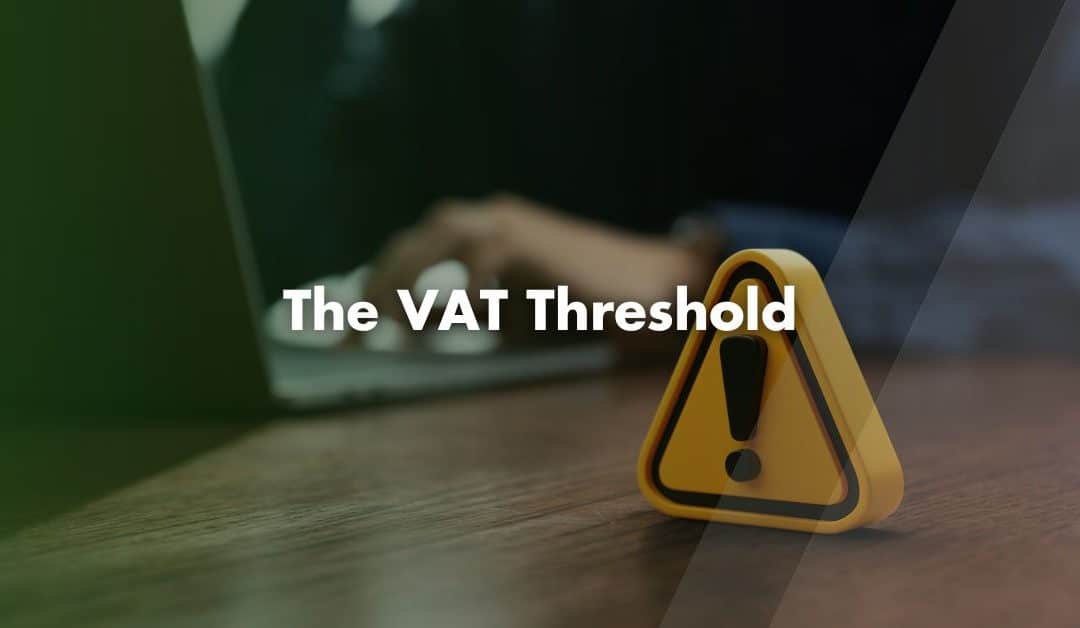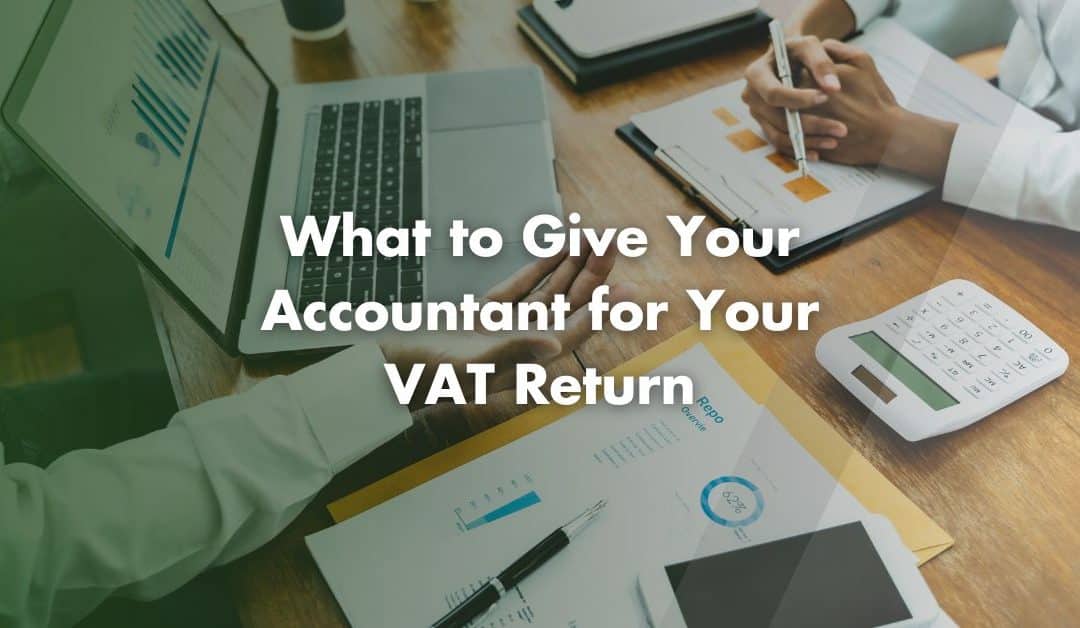
by Pi Accountancy | May 29, 2025 | VAT
Submitting a VAT return can be overwhelming, especially if you are unsure what information to give to your accountant. Getting it right means that your return is accurate and compliant with HMRC regulations. What to Give Your Accountant for a VAT Return The documents...

by Pi Accountancy | May 28, 2025 | VAT
If you run a business in the UK, you may need to become VAT registered at some point. You need to understand the VAT registration process to avoid penalties and make the most of potential benefits. Who Needs to Become VAT Registered? Businesses must register for VAT...

by Pi Accountancy | May 27, 2025 | VAT
VAT (Value Added Tax) on food is often a confusing subject. The rules aren’t just black and white; they vary depending on the type of food, it’s preparation and even how people eat it. While most essential food items are zero-rate (no VAT), there are...

by Pi Accountancy | May 7, 2025 | SDLT
When it comes to taxes, most people are familiar with Stamp Duty Land Tax (SDLT) on property purchases. However, the lesser known Stamp Duty Reserve Tax (SDRT) applies to buying shares and securities electronically. What is Stamp Duty Reserve Tax? Stamp Duty Reserve...

by Pi Accountancy | May 6, 2025 | SDLT
If you are planning to buy property or land in England or Northern Ireland, you may need to pay Stamp Duty Land Tax (SDLT). This tax can significantly impact your overall budget. What is Stamp Duty Land Tax? Stamp Duty Land Tax is a tax that buyers must pay when...

by Pi Accountancy | Apr 23, 2025 | Self Assessment
If you are self-employed, run a business or receive income is not taxed through an employer’s payroll, you have likely come across the term “Unique Taxpayer Reference” or UTR number. While it might sound technical, understanding what a UTR number is,...

by Pi Accountancy | Apr 16, 2025 | Advisory and Resources, MTD, Property Landlords, Regulations and Schemes, Self Assessment, Self-Employed, Self-Employment and SMEs, Taxes
Making Tax Digital (MTD) for Income Tax is changing how sole traders and landlords keep records and report income to HMRC. Instead of completing most of the work once a year, you will spread your tax admin more evenly across the year. As a result, you can keep better...

by Pi Accountancy | Mar 20, 2025 | Corporation Tax
Marginal Relief helps businesses with moderate profits pay less Corporation Tax. However, if you own multiple businesses, the Marginal Relief rules change. By knowing the rules, you can save your company money and avoid unexpected tax bills. What is Marginal Relief?...

by Pi Accountancy | Mar 13, 2025 | Taxes
If you are a UK taxpayer, you will not have to pay tax on your lottery winnings. Whether you win a small sum or a jackpot, the entire amount is yours to keep. This applies to prizes won from the National Lottery, EuroMillions, scratch cards or any other legal lottery....

by Pi Accountancy | Mar 11, 2025 | Taxes
Betting on horse races is a cherished pastime in the UK. It also forms a significant part of the sports betting industry. The UK’s taxation system for horse race betting is simple and bettor-friendly. Unlike in some countries, punters do not have to worry about...

by Pi Accountancy | Mar 6, 2025 | Taxes
With the tax year ending on 5th April 2025, now is the time to review your finances and take advantage of tax-saving opportunities. You should take advantage of tax planning to reduce liabilities and benefit from tax reliefs before the 5th April 2025 deadline. 1....

by Pi Accountancy | Feb 6, 2025 | Advisory and Resources, HMRC, Regulations and Schemes, Taxes
If you cannot pay your tax bill in full, a Time to Pay arrangement allows you to spread your tax bill into manageable monthly instalments. While interest still applies, you can avoid further late payment penalties once HMRC agrees to the plan and you keep to it. What...

by Pi Accountancy | Feb 4, 2025 | Advisory and Resources, Business, Frequently Asked Questions, Taxes
If you run a business, the “Wholly and Exclusively” rule determines whether you can deduct an expense from your taxable profits. To qualify for tax relief, you must incur the expense Wholly and Exclusively for the purposes of your trade. In practical...

by Pi Accountancy | Jan 30, 2025 | Self Assessment
A Simple Assessment is a tax calculation HMRC sends you when you owe tax they cannot collect automatically through the PAYE (Pay As You Earn) system. Instead of requiring you to submit a full Self Assessment tax return, HMRC calculates how much you owe and sends you a...

by Pi Accountancy | Jan 29, 2025 | Advisory and Resources, Self Assessment
Self Assessment forms are used to report income, calculate taxes and claim reliefs. All those completing a tax return must complete the main form, SA100. Depending on your sources of income, you may also need to complete supplementary Self Assessment forms to provide...

by Pi Accountancy | Jan 21, 2025 | Advisory and Resources, Self Assessment, Self-Employment and SMEs
HMRC uses Self Assessment to collect Income Tax from employed and self-employed individuals. Your employer will automatically deduct tax from your earnings, if they are employing you. However, as a self-employed individual, it is your responsibility to report your...

by Pi Accountancy | Jan 16, 2025 | Advisory and Resources, HMRC, Self Assessment, Taxes
Whether it’s a simple typo or forgetting details, errors can slip through the cracks. When it comes to your tax return, these mistakes can feel monumental, especially after the deadline has passed. However, amending your tax return can be an option, depending on...

by Pi Accountancy | Jan 14, 2025 | Self Assessment
As the deadline for filing a Self Assessment tax return online fast approaches, HMRC is urging taxpayers to remain vigilant against scams. Scammers often take advantage of this time to target unsuspecting individuals with fake tax rebate offers or threats of...

by Pi Accountancy | Jan 8, 2025 | Advisory and Resources, Self Assessment
For the 2023/24 tax year, the income threshold for filing a Self Assessment tax return has increased from £100,000 to £150,000 for taxpayers taxed solely through the PAYE (Pay As Your Earn) system. If your income through PAYE is below £150,000 and you do not meet any...

by Pi Accountancy | Nov 21, 2024 | Advisory and Resources, Self Assessment
Filing your Self Assessment tax return on time can help you avoid penalties from HMRC. These penalties can quickly add up, leaving you with more stress than just paying your tax bill. What Happens if You File Your Tax Return Late If you miss the Self Assessment...

by Pi Accountancy | Nov 13, 2024 | Self Assessment
Those who work as self-employed contractors will likely need to submit a Self Assessment tax return each year. This ensures that HMRC has a full view of the contractors income so they can calculate the appropriate tax. Do Contractors Need to Submit a Self Assessment?...

by Pi Accountancy | Nov 12, 2024 | Director, Self Assessment
Many directors assume that filing limited company accounts and paying Corporation Tax covers everything. However, HMRC treats your personal income separately from your company’s tax affairs. As a result, Self Assessment often applies to company directors. Many...

by Pi Accountancy | Nov 8, 2024 | Advisory and Resources, VAT
HMRC introduced a new VAT Penalty System on 1st January 2023. This system replaced the old default surcharge regime and introduced a clearer, points-based approach to late submissions and payments. Businesses that understand this system can protect themselves from...

by Pi Accountancy | Nov 7, 2024 | Frequently Asked Questions, VAT
The VAT threshold is the maximum amount of VAT-taxable turnover your business can earn in any rolling 12-month period before you are legally required to register for VAT. As of 1st April 2024, the threshold is £90,000. HMRC has confirmed this figure will remain...


